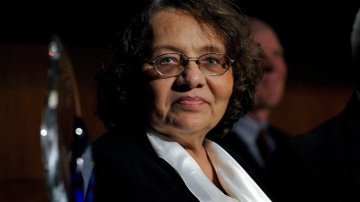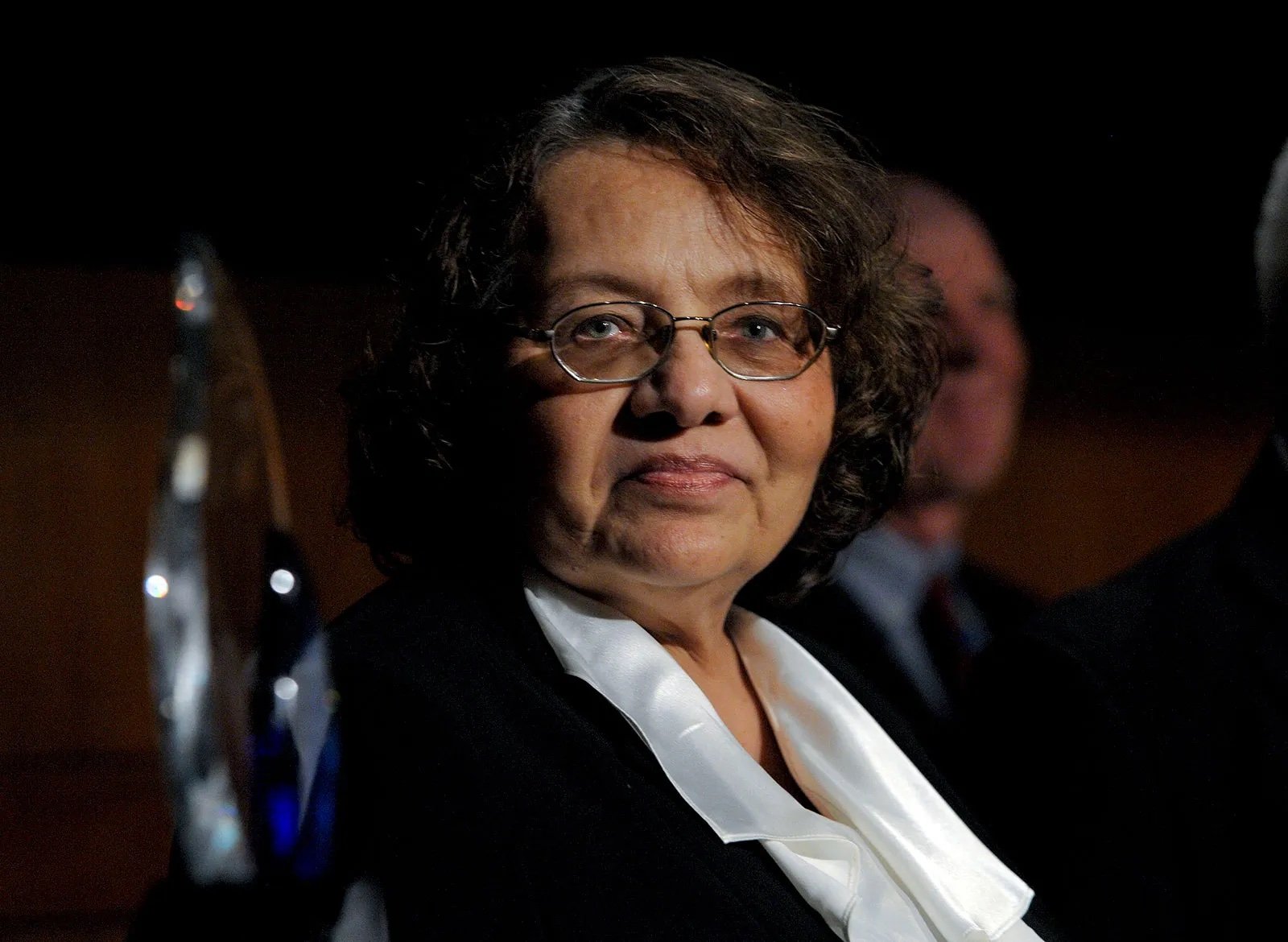Legacy of Leadership: HBCU Alumni in Civil Rights
Everyone knows about Martin Luther King Jr

Written By: Elainey Bass
We are concluding the month we’ve all been waiting for: Black History Month! Although it’s the shortest month of the year (side eye), we still want to take the time to recognize figures in our community that may not have received as much notoriety as the others. Civil rights is something that African Americans have fought for for years. Everyone knows about Martin Luther King Jr., Malcolm X, and Rosa Parks. But, what about the HBCU alum that fought alongside these figures that seem to be left in the shadows? Here are a few individuals that deserve to be brought into the limelight.

Up first, we have Ruby Doris Smith Robinson. Miss Robinson, an Atlanta native, enrolled in Spelman College in 1959 and immediately got to work by participating in local sit-ins and other peaceful protests organized by the Atlanta Student Movement. At the beginning of her matriculation, she became heavily involved with the Student Non-Violent Coordinating Committee (SNCC) which was a civil rights organization for students. Her platform mainly dealt with White involvement in the civil rights movement and how contradictory it was, especially since most of the events were funded by the Caucasians. While being heavily involved, Ruby earned the position of the Southern Campus Protest Coordinator and eventually had to drop out of Spelman due to her activist workload. However, Dr. Martin Luther King Jr. wrote her a recommendation letter for readmission almost four years later, and Ruby continued executing all of her projects and missions. She would eventually serve as the SNCC Administrative Secretary in 1963 and advocated for inclusivity within the leadership positions of the SNCC. By 1966, she was the Executive Secretary and continued to orchestrate marches and protests until her death in 1967.

Another pioneer in the civil rights movement is Mr. Whitney M. Young Jr. Young attended Kentucky State University and graduated in 1941. Upon receiving his diploma, he received his masters and later became dean of the School of Social Work at Atlanta University (now known as Clark Atlanta University.) Throughout his career. Whitney M. Young Jr. became the executive director of the National Urban League and fought for equal opportunity in the workplace for African Americans. Under his ten year lead in this position, Young was able to grow the National Urban League from 60 to 98 chapters and even acted as the president for the Georgia branch of the NAACP simultaneously. Aside from his leadership roles, he was an author, received the Presidential Medal of Freedom in 1969, and even spoke at the March on Washington in 1963. Whitney M. Young Jr.’s work and achievements created an impact that lasted long after his sudden death in 1971.

Last but not least, we want to draw attention to Diane Nash. Nash started her studies at Howard University and eventually transferred to Fisk University. She started out by attending sit-ins at
lunch counters in Nashville. She was so passionate about the issue that she ended up taking it to the Nashville mayor at the time, which resulted in the start of the integration of the lunch counters. In 1960, Diane would become one of the original members of the Student Nonviolent Coordinating Committee (SNCC), and they would later start to stage sit-ins at the lunch counters in Rock Hill, South Carolina. As the movement continued, she began to organize the Freedom Rides in the South. Her hard work and determination caught the eye of Dr. Martin Luther King Jr., and she was honored at the infamous March on Washington in 1963. Diane Nash’s efforts contributed to the passing of the Civil Rights Act of 1964 and the Voting Rights Act of 1965.
It’s easy to forget how much turmoil and hardships that the people before us went through. While we may still experience issues today, we must never forget the ones who paved the way for us to have a somewhat better way of life than what was considered normal years ago.




